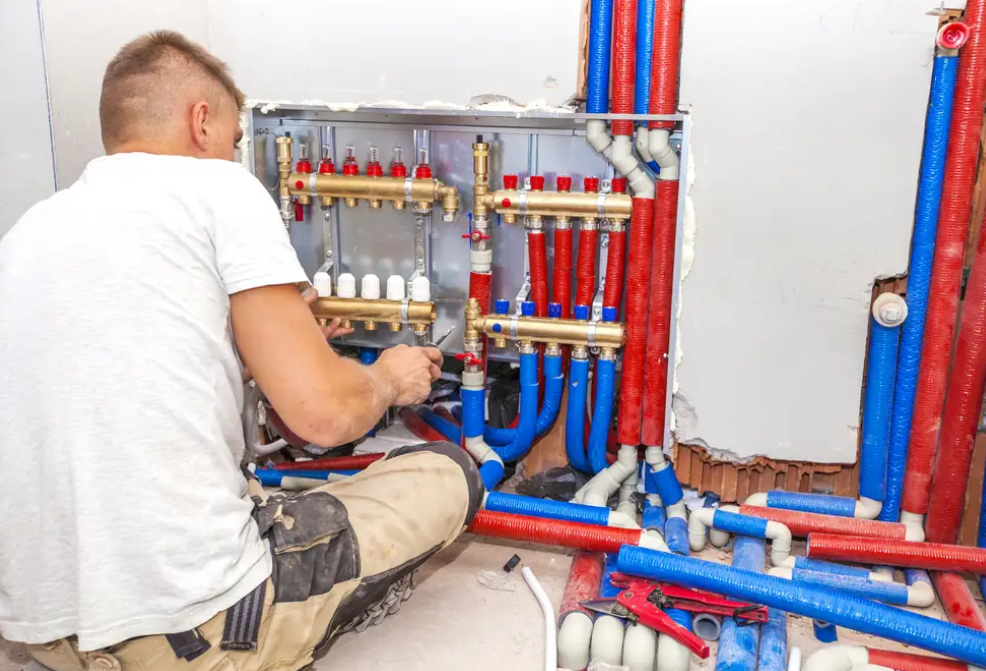With the digital advertising landscape expanding exponentially, mastering Pay-Per-Click (PPC) strategies is vital for businesses seeking a profitable online presence. For franchise businesses, the nuances of a PPC campaign can vary dramatically from those of a localized mom-and-pop store, and understanding these distinctions is key to campaign success.
While the overarching goal of franchise and local PPC remains the same—to drive qualified leads and increase sales—the path to achieving that success differs in nuanced but significant ways. This detailed comparison will explore three core differentiators to help franchise owners and marketers tailor their PPC campaigns for maximum impact within their specific market structures.
1. Scalability and Management Complexity
Understanding the Franchise Model
In a franchise model, the PPC campaigns must often be structured with scaled manageability in mind to cater to various franchise locations. Each franchise typically manages the PPC efforts for their specific outpost, creating a complex system of decentralized advertising.
The Local PPC Advantage
Conversely, local businesses have the luxury of focusing their PPC efforts on a single entity, making campaign management a more straightforward affair. With all resources channeled into a singular brand, local PPC campaigns can be more agile in responding to market changes.
Centralized vs. Decentralized Control
Franchise PPC campaigns will likely be executed at a corporate level that oversees the brand’s overarching strategy and at a local level where franchisees customize campaigns to fit their market’s unique demands. This decentralized approach offers a high level of customization but requires a coordinated effort to maintain brand identity and adhere to corporate policies.
2. Customization and Targeting
Location-Specific vs. Coordinated Ad Targeting
For local businesses, the goal is simple yet powerful: to create a hyper-targeted campaign that speaks directly to the immediate community. Local PPC efforts can leverage community events, colloquial language, and other specificities that resonate with a local audience.
Brand Consistency in Franchise PPC
Franchise PPC campaigns, in contrast, must ensure that each localized advertisement aligns with the overarching brand tone and messaging. This dual focus on local relevance and brand uniformity requires a delicate balance to create effective PPC ads that resonate with the immediate local audience while maintaining corporate standards.
Leveraging Centralized Data
The advantage for franchise PPC is often the access to larger data pools and resources at the corporate level, enabling better-informed decisions and more substantial testing of different PPC strategies. Local PPC might rely more heavily on immediate feedback from local marketing activities, which could be both an advantage in terms of real-time adjustments and a limitation with regard to comparative analytics.
3. Budget Allocation and ROI Measurement
Local PPC Flexibility
Local businesses often gain traction with a more flexible budget allocation. They can start small, testing the waters and scaling their PPC campaigns according to immediate ROI. This allows for a more agile approach, letting businesses refine their strategy before committing significant funds.
Franchise PPC Financial Hurdles
Franchise PPC operations may face initial hurdles, being expected to function with larger budgets from the onset, owing to the nature of the investment of franchise ventures. The task is to justify these expenses with clear ROI measurement, often necessitating advanced tracking systems and dedicated marketing strategies.
Demonstrating Value Across the Board
For franchise PPC campaigns, it’s crucial to measure not just the ROI on sales but also the value of brand recognition and market presence, which might not be immediately quantifiable. Local PPC, with a more granular focus, can often attribute ROI more directly to specific sales activities.
Implement Both Franchise and Local PPC Campaigns For The Ultimate Success
To conclude, while both franchise PPC and local PPC share a broad set of PPC best practices, they are in fact two sides of the same coin. Implementing these core differences—scalability, customization, and budget management—can significantly enhance the efficacy of your PPC strategy, whether you’re running a single shop on Main Street or overseeing a franchise network across the nation.
By understanding and leveraging these variations, businesses can craft more targeted, cost-effective PPC campaigns that speak directly to their audiences’ needs and preferences. This approach not only increases the likelihood of campaign success but also fosters brand loyalty and community engagement, which are indispensable for sustained business growth in the long term.






